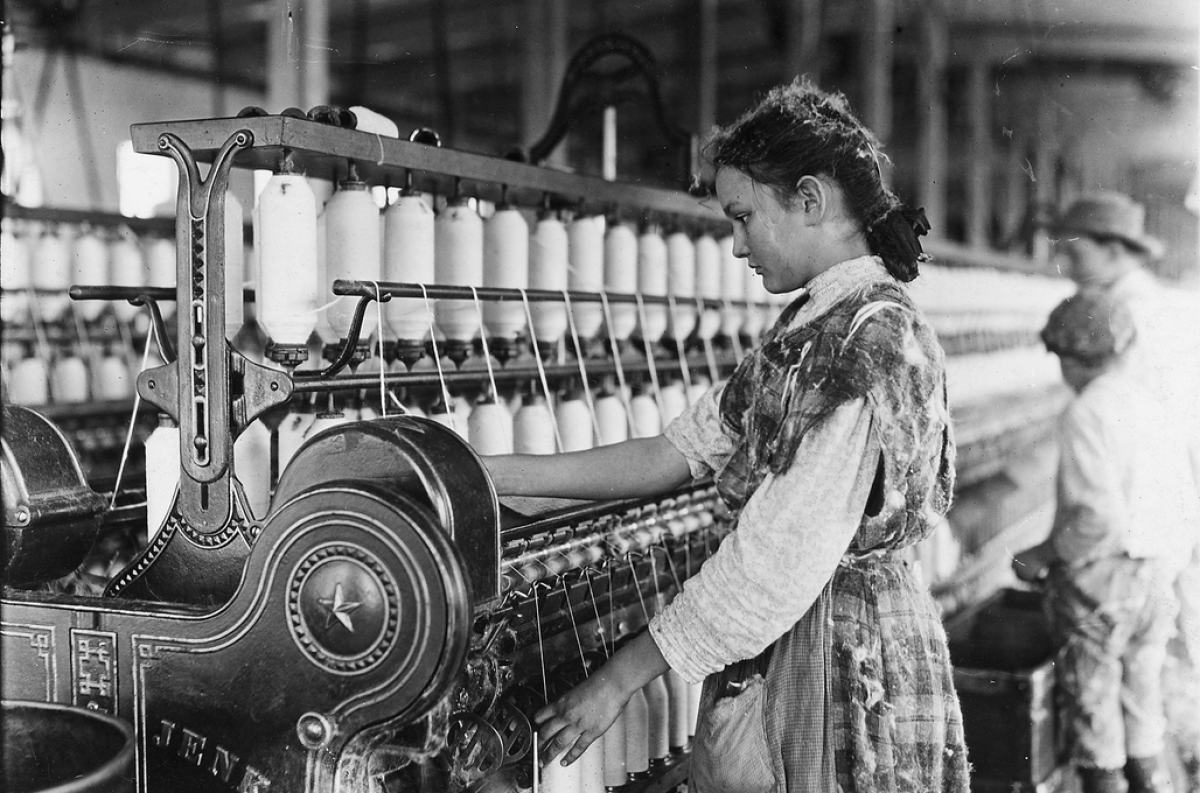
Facts
A Trading Space That Can No Longer Absorb The Oversupply Nor The Useless
Since the 19th century, our economy has been guided by a largely unchanged utopia of work and production. We can call it the utopia of the production economy. It unfolds according to the idea that the world is to be perpetually equipped and kept busy, and that the means to do so are increasingly accessible.
These principles, which we still follow today, are thus adapted to demographics, technical capacities and dogmas that are very remote from our reality. Why do we still support the possibility of unlimited development through our means of production when we are experiencing the boundaries of our world's resources?
The problem
Organizations That Unwillingly Take Part In The Uninhabitability Of The World
The current problem is that companies have difficulty accessing the consequences of their actions. The production economy has produced organizations that have dissociated themselves from the repercussions of consumption: organizations that, in fact, do not have the right tools to estimate their own externalities.
Imbued with the imagination of an unlimited world, these organizations, like us, are thus trapped in a cultural inertia. Yet many of them have already become aware of the stalemate. We claim that trade is a fundamental activity of human life, and nothing predisposes it to be a negative force in the development of societies.
❝To prosper over time, every company must not only deliver financial performance, but also show how it makes a positive contribution to society.❞— Larry Fink, CEO de Blackrock
The solution
Making Production Vital
We must now get rid of our utopia of the production economy. For this purpose, we must begin by asking ourselves: why do we produce? What is the meaning of our trading system? To what human aspirations may economic activities contribute? What source of value covers these aspirations?
These issues are all the more urgent as one economic crisis follows another, as inequalities have never been so deep, and as our habitat is threatened by the very nature of our trading exchanges.
The method
Humanities + Business
We cannot take care of what we do not know well. Certainly, the discord between business and society is the result of a common misconception. For a long time, companies have been deprived of the means that would allow them to gain a thorough understanding of the world in which they operate. Very often, information about their environment (social and natural) is extracted from surveys, biased quantitative data and uprooted economic analyses of illustrative value.
This “truncated” knowledge reflects a logic of imperatives, short-term actions, and even dead angles inherent to our vocational training cultures. For companies not to deteriorate their own market through their actions, they must adopt a methodology to acquire complete knowledge of their environment. This is what humanities offer.
Business
By bridging the gap between humanities and business, we lead companies to act in ways that foster the development of the human community and the systems that support it, thus in the business' interests.
Humanities
Humanities provide us with the means to understand the real ecosystem in which a company operates, and the bonds that connect them to each other.
Result
Humanities + Business
From
Extractive industries
Business leaders working for shareholders, putting organizations under pressure.
Processes and practices drive production performance at the expense of people.
Products and services deplete resources, do not generate sustainable value and are rapidly obsolete.
Value stalls because of a weakened social licence to operate and increasing external cost.
to



